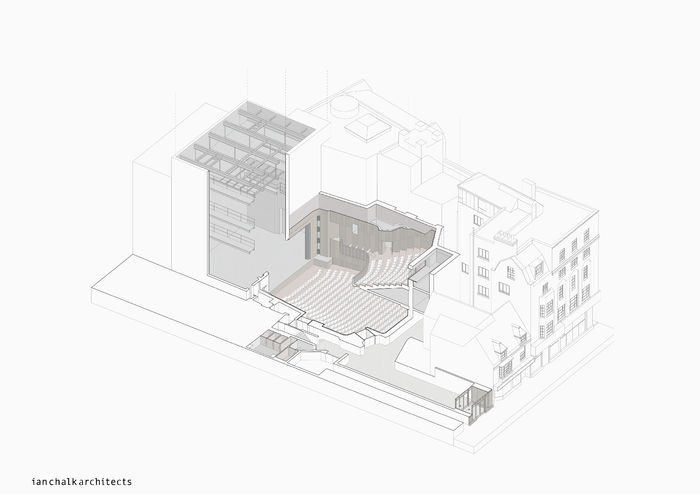Cambridge returns 39 looted artefacts to Uganda
Many of the artefacts were seized over a century ago by British colonial administrators and anthropologists

The Cambridge Museum of Archaeology and Anthropology (MAA) has returned at least 39 artefacts to Uganda, which were taken during the 1890s and early 1900s.
The artefacts included human remains from the Buganda region. These will be returned to the tombs from which they were taken in 1907. Other objects in the collection included a drum, a headdress made of human hair, and decorated pots.
Many of these objects were stolen by John Roscoe, an Anglican anthropologist, partly directed by the MAA, who worked in East Africa for 25 years from 1884 to 1909.
The first repatriation from this MAA collection occurred in 1962 during Ugandan independence celebrations, after being a protectorate of the British Empire since 1894. The repatriated Kibuuka regalia is now a central exhibit at the Uganda Museum in Kampala.
The process of the return of these items began in 2019, but was disrupted by the Covid 19 pandemic, causing the repatriation to take longer than expected.
A statement from the Uganda Museum exclaimed “Finally home!” and claimed that the return of the artefacts is a “milestone in the repatriation of Africa’s lost heritage”.
Martin Mugarra, the Ugandan State Minister for Tourism stated that “While receiving these artefacts, we are reclaiming our history and cultural heritage. We are committed to reclaiming all artefacts taken from Uganda by colonial administrators between the mid 1800s and 1900s.
Professor Nicholas Thomas, director of the MAA, stated: “we have been far too slow in following up that [1962] initiative. The Mellon Foundation’s support will empower fresh engagement with the Uganda Museum, and will involve both rich academic dialogue, and the return of heritage of exceptional significance.”
“This carefully-conceived programme will provide a model for similar initiatives elsewhere in Africa, and indeed elsewhere in the world,” he continued.
 News / Cambridge study finds students learn better with notes than AI13 December 2025
News / Cambridge study finds students learn better with notes than AI13 December 2025 Features / Should I stay or should I go? Cambridge students and alumni reflect on how their memories stay with them15 December 2025
Features / Should I stay or should I go? Cambridge students and alumni reflect on how their memories stay with them15 December 2025 News / Uni Scout and Guide Club affirms trans inclusion 12 December 2025
News / Uni Scout and Guide Club affirms trans inclusion 12 December 2025 Comment / The magic of an eight-week term15 December 2025
Comment / The magic of an eight-week term15 December 2025 News / Cambridge Vet School gets lifeline year to stay accredited28 November 2025
News / Cambridge Vet School gets lifeline year to stay accredited28 November 2025









